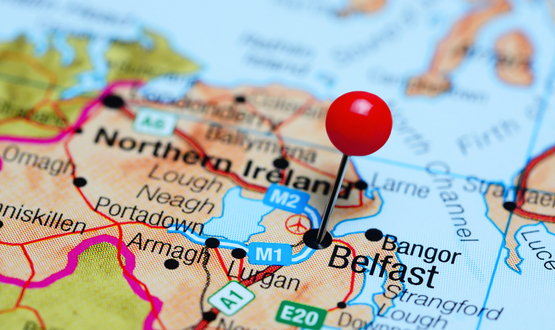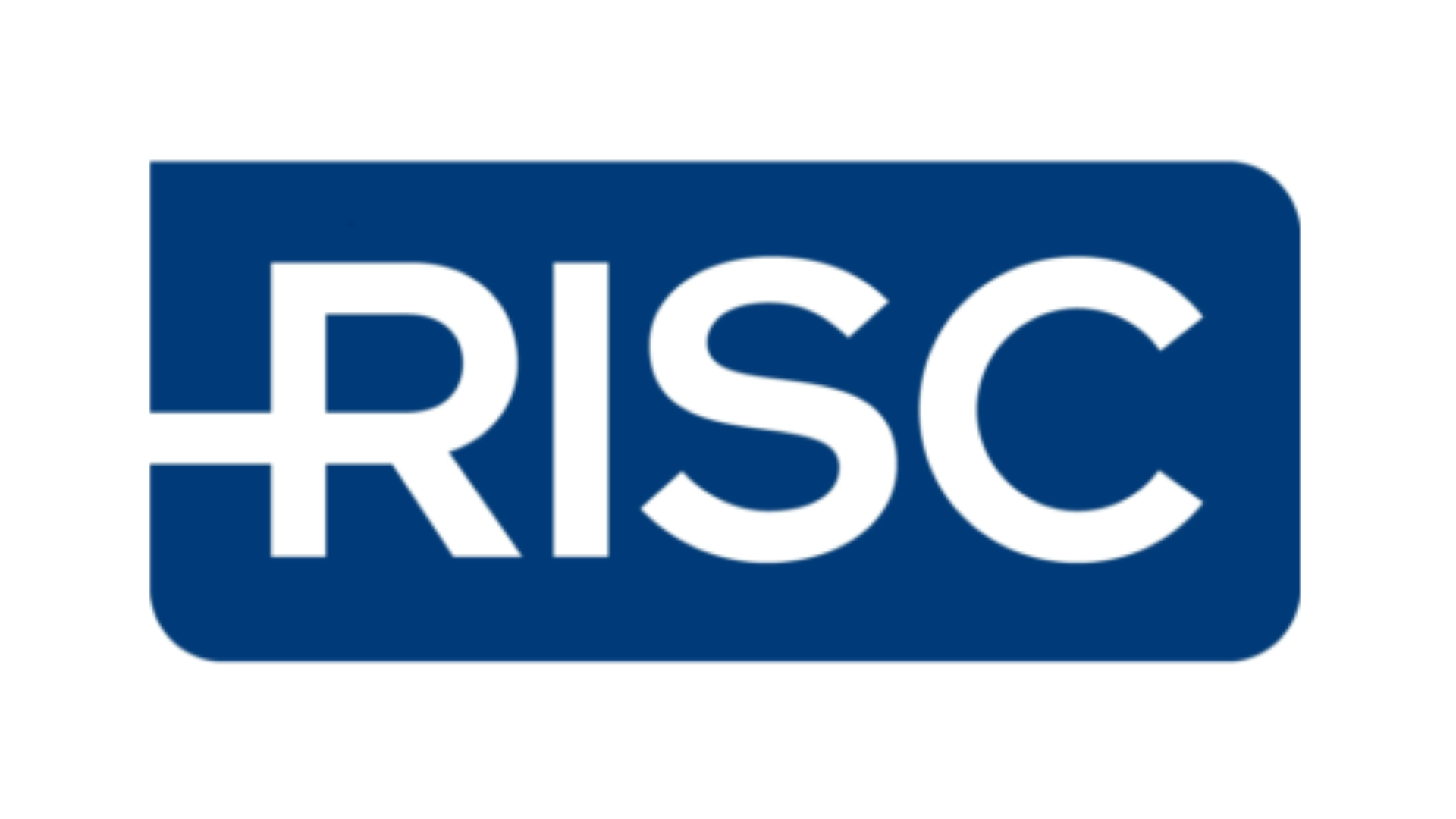
Basically nothing. The agreement means Northern Ireland, like Great Britain has left the EU and the majority of the new trading arrangements for Northern Ireland are contained within the Northern Ireland protocol.
On 10 December, the UK government published a command paper outlining its interpretation of what has been agreed between the Joint Committee which is a UK-EU body responsible for overseeing the Withdrawal Agreement.
Goods moving from Northern Ireland to Great Britain
The arrangements allow the UK government to deliver on its commitment to unfettered access for qualifying Northern Ireland businesses to the UK internal market.
Under EU customs law applicable in Northern Ireland, any goods leaving Northern Ireland need to be accompanied by an exit summary declaration. However, no export or exit declarations will be required on goods moving NI-GB.
Goods moving from Great Britain to Northern Ireland
The protocol states that goods moving GB–NI that are ‘not at risk’ from subsequently moving into the EU, and not subject to commercial processing, will not have to pay customs duties.
The decision on the criteria of ‘not at risk’ was deferred to the Joint Committee and is an area that ADS has been trying to get clarity on over the last few months.
Application of ‘at risk goods’ on ADS sectors
The application of the at-risk rules and application of any tariff is done at the time the goods enter NI and has to be based on what the goods are at that point in time.
In common with how import processes work more generally, the import processes and duty are based on the actual goods that enter NI and cannot take into account what they might later become. Crucially, this means that materials moved to be processed into aircraft parts, and therefore ultimately qualify for zero tariffs under the WTO Airworthiness plurilateral, will be considered ‘at risk’ on entry to NI and therefore the EU tariff will be charged.
Mitigations that members could consider:
- Import directly into NI – this would mitigate the double duty issue as duty would only be charged once, albeit the EU tariff if the goods are ‘at risk’.
- Import via GB but move the goods under duty suspension and declare into free circulation in NI. This requires more admin processes, requiring either a transhipment process, transit or customs warehouse to move the goods under duty suspension from the GB port of entry to the GB port of exit to move into NI.
- The above could also be used to declare the goods to inward processing relief in NI which would allow the processing in duty suspension, where conditions are met, and then the re-export (outside the UK) of goods without tariffs being charged.
- Claim a waiver of the EU tariff, up to the limits set out in guidance.
- HMRC will be publishing details about a reimbursement scheme for goods that attract the EU tariff on entry to NI but can later be demonstrated to have been consumed in NI or returned to GB.
For further information on the UK-EU Trade and Cooperation Agreement and the Northern Ireland arrangements please visit ADS’s Brexit Hub.





